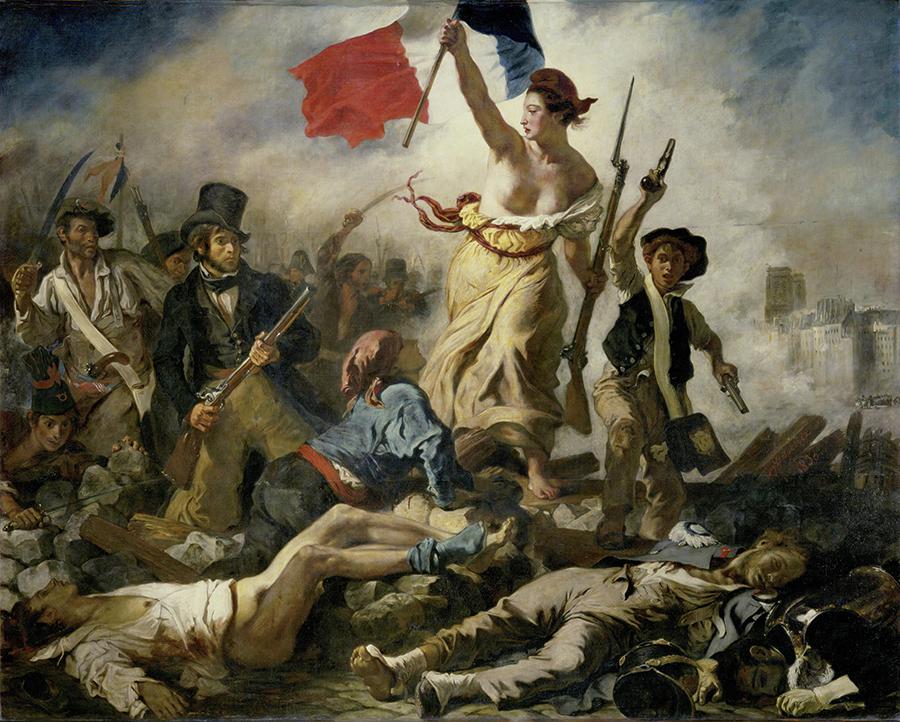COGNITIVE PSYCHOLOGY
7.2
The Cognitive Revolution
Read a personal account of the cognitive revolution by one of its founders.
George Miller was one of the founders of cognitive psychology. He is perhaps best known for writing a seminal paper in cognitive psychology called “The Magical Number Seven, Plus or Minus Two: Some Limits on Our Capacity for Processing Information” (1956). It represented an attempt to understand attention limitations using the principles of Claude Shannon’s information theory. In the piece, Miller would make clear the parallel between mental representations and “bits” of information, the units in the new theories of information and computation that emerged in the 1940s. Miller’s publication helped psychology find the mind by likening it to a computer.
George Miller would become a strong proponent of this new view of the mind and make a number of contributions to the psychology of attention, language, and memory. In 2003, Miller provided a historical review of the origins of cognitive psychology and its historical development.
Questions on the texts
Read Miller’s account (core reading) and try to answer the following questions:
- What was the “cognitive revolution”?
- To what extent was the “mind” a new concept in psychology?
- To what extent was the “cognitive revolution” specific to psychology?

Eugène Delacroix’s commemoration painting of the French revolution, “Liberty leading the people”, places the flag prominently in view to represent the values of the revolution, liberty, equality, and fraternity. What is Miller’s banner in his “cognitive revolution”?
(Public domain)
References
Miller, G. A. (1956). The magical number seven, plus or minus two: Some limits on our capacity for processing information. Psychological Review, 63, 81-97. https://doi.org/10.1037/h0043158
http://psychclassics.yorku.ca/Miller/
Miller, G. A. (2003). The cognitive revolution: a historical perspective. Trends in Cognitive Sciences, 7(3), 141–144. http://doi.org/10.1016/S1364-6613(03)00029-9
Please note that certain links to journal articles are only available within the eduroam network if they concern publications for which the university has a campus license. If you are a member of the University of Basel and want to access university resources from home, you will need to install a VPN client.
Lizenz
University of Basel
